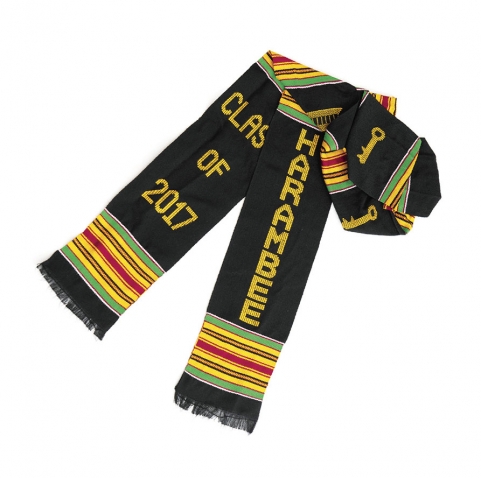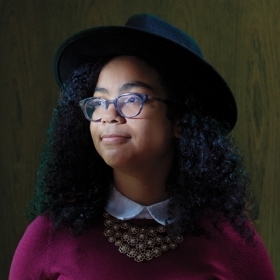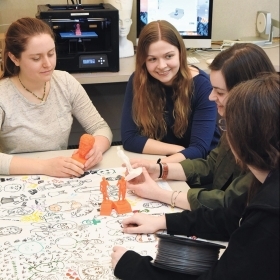Photo by Richard Howard
Every year at reunion, a silver cup is bestowed upon the class with the highest annual-giving participation rate. The cup, filled with flowers and slightly dented from years of use, is handed over during the annual meeting of the Alumnae Association. Last year, it went to the class of 1968, which had an impressive 86 percent giving rate.
For generations, colleges have been able to count on their alumni to steadfastly give to their alma maters. But over the last 30 years, giving has been declining—with much of the drop tied to lower giving rates from millennials, roughly defined as the classes of 2002 through 2017, which represent about a third of Wellesley’s alumnae body. Is it possible for this group of alums to reach the participation rates of the classes before them?
This is the question driving a new initiative funded by the Schuler Education Foundation, an Illinois-based nonprofit concerned about the future of liberal arts education. The foundation invited Wellesley, Bates, Carleton, Middlebury, and Williams to participate in the three-year initiative to learn more about the philanthropic interests and priorities of millennials and develop new strategies to engage them.
The first step was a survey of the young alumnae to better understand their feelings, motivations, and opinions about giving. More than 2,200 Wellesley alums responded to an October 2018 survey. Among the findings were that young alumnae are philanthropic—just about every respondent made a donation to a cause or volunteered in the past year. They are just less consistent in their giving to the College. Only 45 percent felt that their gift to the College made a difference. This group of alums is interested in hearing stories about people they care about (like professors and classmates), feeling connected, and seeing the impact of their gifts.
Building on this feedback, Marisa Shariatdoust ’09, a development officer working to engage this cohort, has created a number of initiatives, including a pilot crowdfunding campaign where alums could fund graduation stoles for the seniors of Harambee House and the Latinx and Asian descent communities. These stoles are very popular among graduating seniors—but at $35, they can be a little out of reach. The campaign was a huge success, raising more than $17,000 in less than a week from 360 donors. “Stoles are a tangible item that many millennial alums have an affinity for,” Shariatdoust says. “The students and interculture education advisors demonstrated need, and alums knew exactly where their money would go,” something the survey indicated was important to millennials.
So keep polishing that silver cup, Alumnae Association. The class of ’02 and those after them might be coming for it sooner than anticipated.







We ask that those who engage in Wellesley magazine's online community act with honesty, integrity, and respect. (Remember the honor code, alums?) We reserve the right to remove comments by impersonators or comments that are not civil and relevant to the subject at hand. By posting here, you are permitting Wellesley magazine to edit and republish your comment in all media. Please remember that all posts are public.